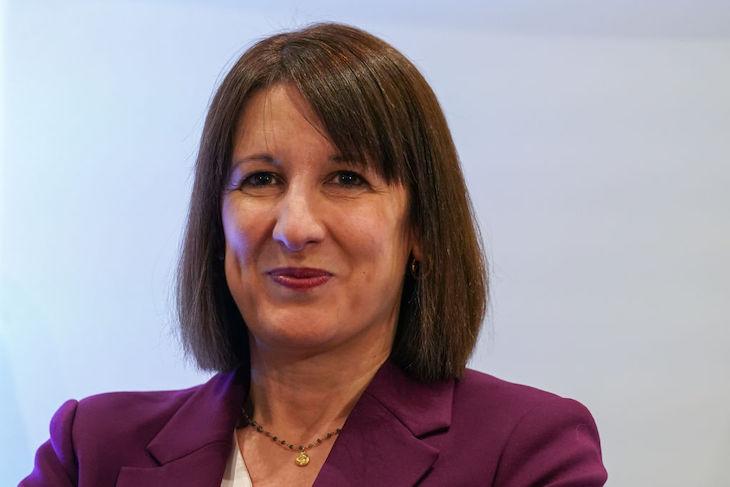Rachel Reeves has found brief respite this morning, with the Office for National Statistics confirming that inflation dipped to 2.5 per cent in the 12 months to December, down from 2.6 per cent the month before. This is a smaller rise than had been expected (the consensus was 2.6 per cent) and roughly in line with the Bank of England’s forecast from November, which had predicted a 2.4 per cent increase. It’s welcome news for a Chancellor who is under pressure.
Core inflation slowed too, from 3.5 per cent in the year to November, to 3.2 per cent in December. This competes for the best news in the update, as core inflation (which does not include more volatile costs, like food) has been particularly sticky in the UK over the past couple of years. The ONS reports that the largest drivers of the ‘downward contribution’ to headline inflation were restaurants and hotels, followed by clothing and footwear.
Monthly figures rarely tell a story on their own, but this surprise slowdown in the inflation rate will boost confidence in the current inflation forecasts, which show headline inflation continuing to rise in 2025 – peaking around 3 per cent – and then heading back towards target (rather than spiralling out of control). It’s not ideal that inflation remains above the Bank’s target, but today’s figures will act as an indicator that the situation remains manageable, even if the BoE continues with its slow and steady process of cutting rates. For Labour, the best news, frankly, will be that today’s figures avoid another immediate problem that needs handling.
Still, today’s good news is not some silver bullet that’s going to turn the country’s economic prospects around. This update will help tip Threadneedle Street towards another rate cut next month, which would likely take the base rate from 4.75 per cent to 4.5 per cent. This is what markets are expecting, anyway, and today’s news will only boost their hopes.
But the BoE isn’t just looking at the inflation rate: they have to consider the surge in borrowing costs, which will make them even more cautious as they consider whether or not to opt for the next cut. GDP factors in here, too: while the Bank’s remit is to target inflation, there is little doubt that hawkish monetary policy has had a serious impact on Britain's ability to generate growth (that is indeed the point: rates take the heat out of the economy and weigh down growth opportunities).
Tomorrow we’ll find out the initial growth estimates for November 2024 and whether they break the pattern from the previous two months, when the economy contracted by 0.1 per cent. This is a growing consideration – not least because the Bank has no interest in getting caught in the crosshairs of a debate down the road about who triggered a recession in the UK.
In the meantime, the Chancellor will be relieved that the first month after her October Budget was announced did not see a spike in the inflation rate. Of course, the story is only beginning, and the impact of her Budget measures (including the front-loaded spending increases and the inflation-busting public sector pay hikes) will be watched very closely by the Bank, which fears any kind of second-round effects.
Still, the week is going as well for the Chancellor as it could. Today's small, but decent, news on the inflation rate follows Reeves' fairly robust performance in the House of Commons yesterday, where the opposition failed to land any serious blows on her, despite borrowing costs rising past mini-Budget levels. But Reeves – and Labour – isn't out of the woods yet.
Listen to more on Coffee House Shots, The Spectator's daily politics podcast:







Comments